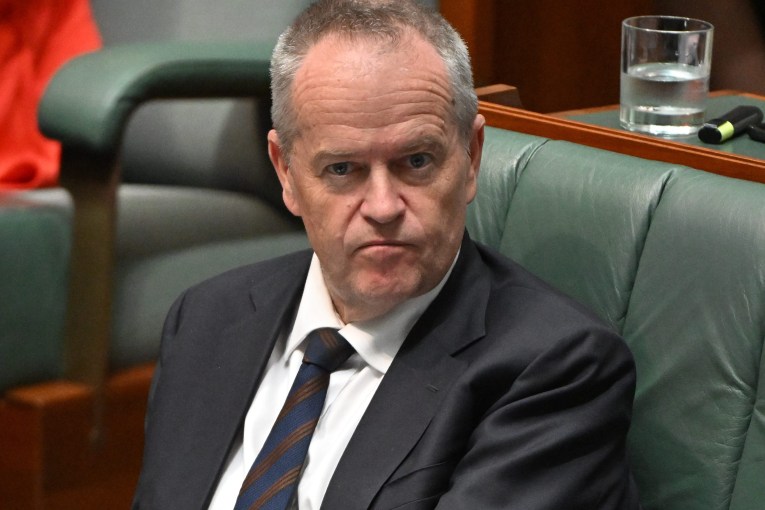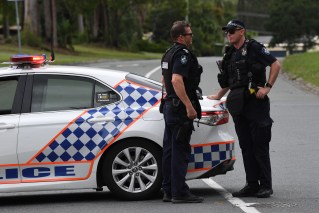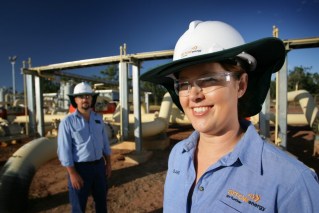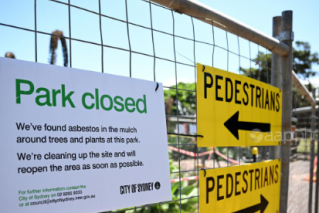ACCC moves to ensure petrol price cuts are passed on
The ACCC will be watching retail petrol prices to identify if savings made are being passed on to consumers.

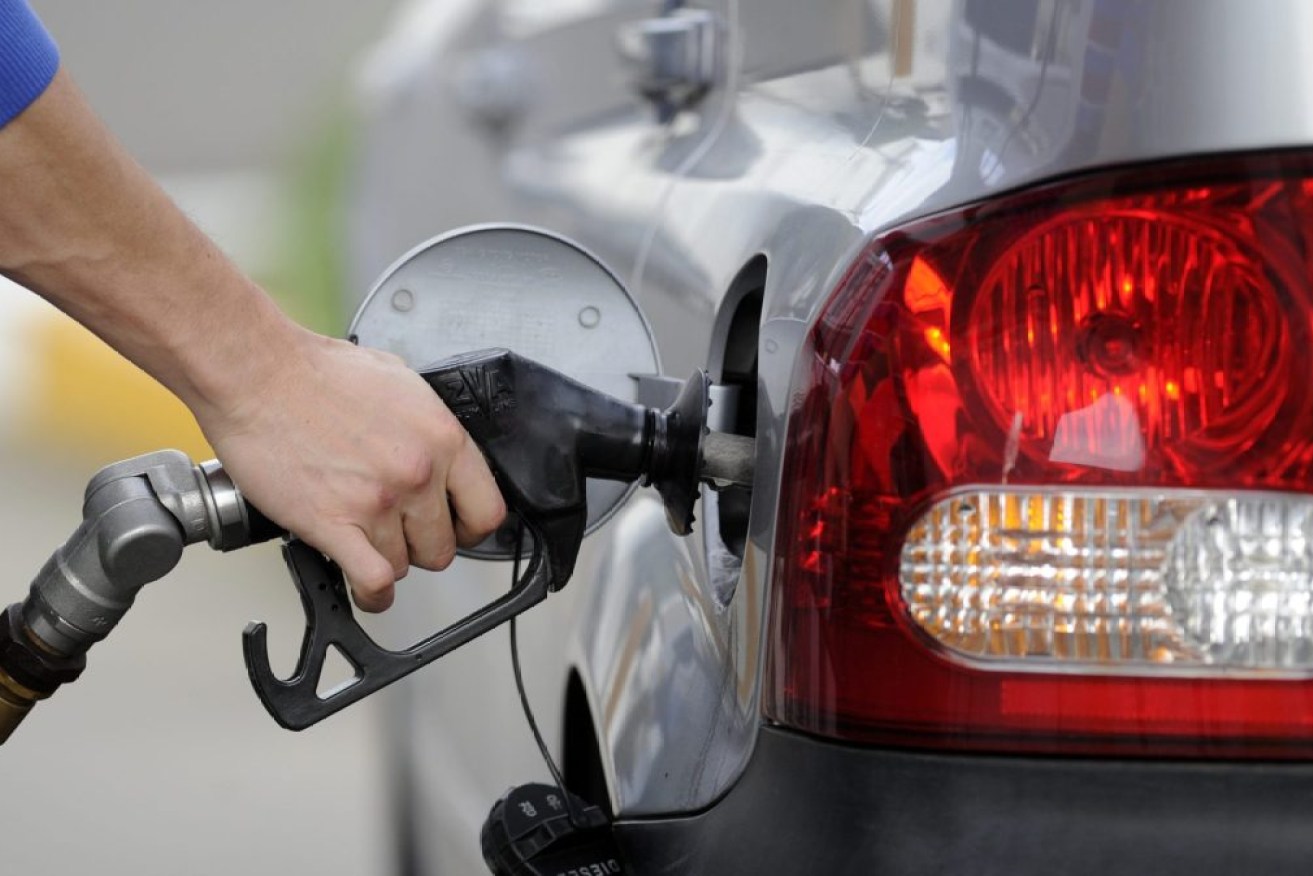
A plunge in the oil price could impact the Australian economy (Photo: AAP Image/Julian Smith)
Competition watchdog the Australian Competition and Consumer Commission has warned it will be watching retail petrol price movements in Australia in the coming weeks to determine if the recent falls in international crude oil and refined petrol prices are flowing through to consumers.
Economists expected petrol prices to drop to the near-$1 level last week after oil prices collapsed following brawling by Saudi Arabia and Russia.
The ACCC said changes in international refined petrol prices usually take between one and two weeks to be reflected in retail petrol prices in the larger capital cities, and longer in the smaller capital cities and in regional areas.
“Australian petrol prices are primarily determined by international crude oil and refined petrol prices. Therefore, a sustained decrease in these prices should lead, everything else being equal, to lower petrol prices at the bowser,” ACCC chairman Rod Sims said.
“We will be looking at the market very closely, to determine if further sustained reductions in international prices are being passed onto consumers, and we will be publicly identifying those retailers that are not passing on reductions.
“The ACCC cannot control the petrol prices companies set but we can call out problematic price setting, which can influence company behaviour.
“At this time the Australian economy needs all the assistance it can get, and lower world oil prices are one of the few positives from current world events.
“Hopefully, the recent break between Russia and OPEC marks the start of the waning influence of this dreadful cartel on international crude oil prices.”
Average petrol prices in Brisbane were 152.2 cents per litre in the December quarter, the highest of the five major capitals, and 6.8c higher than average prices in Perth, which recorded the lowest price among the largest capital cities (145.4 cents per litre).
